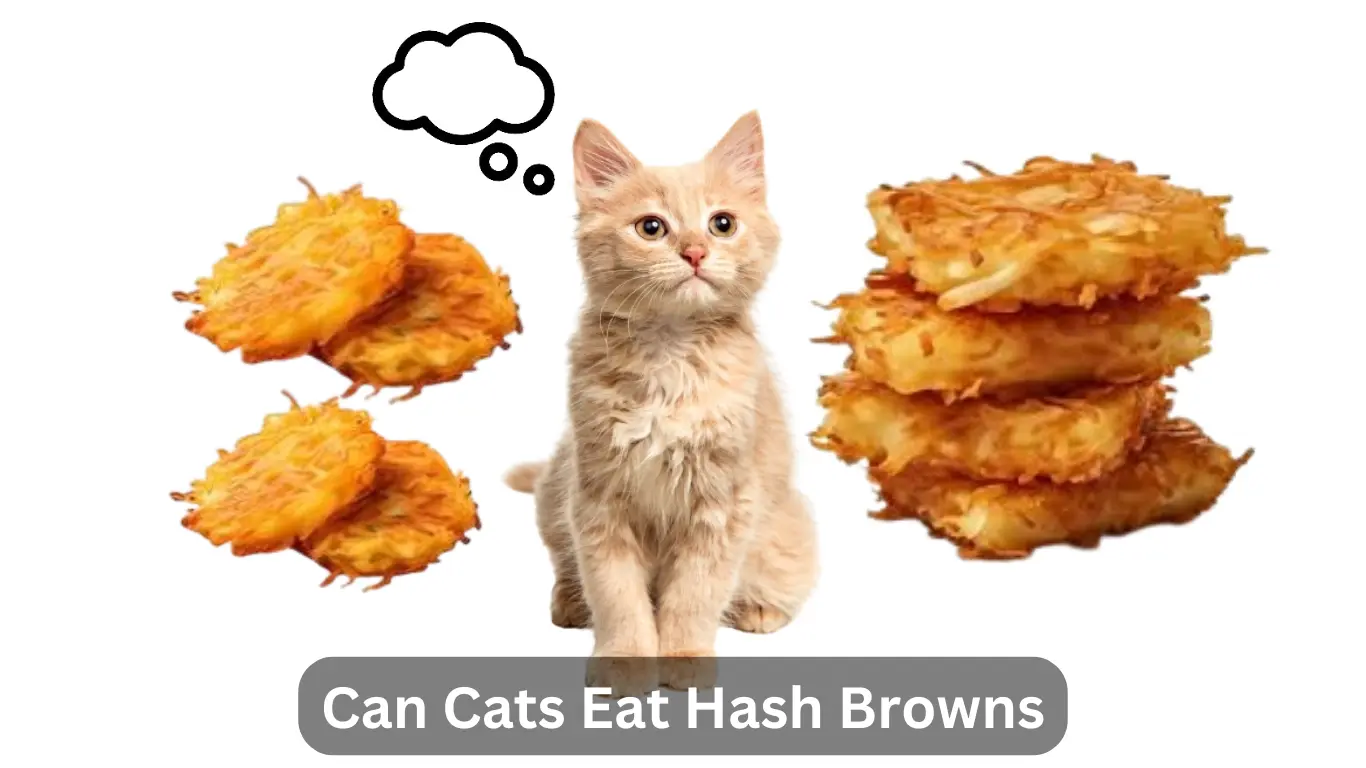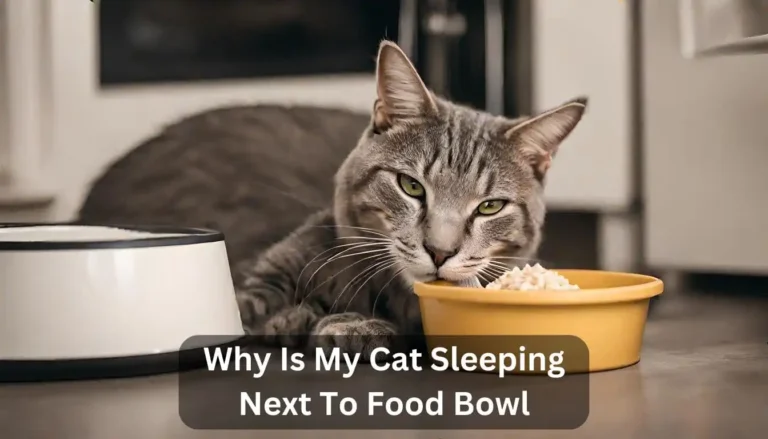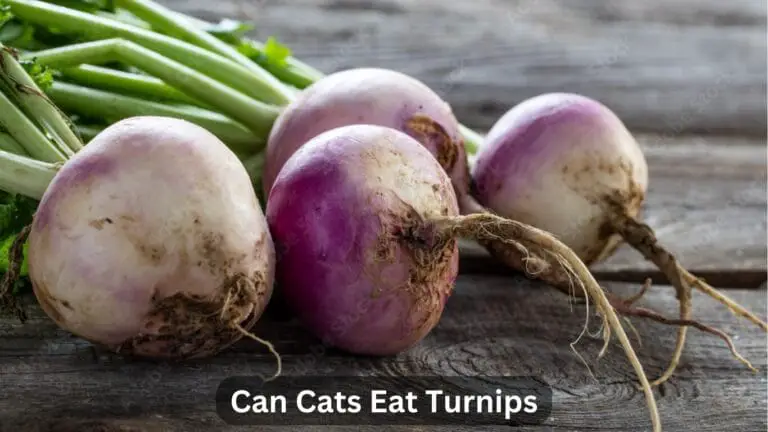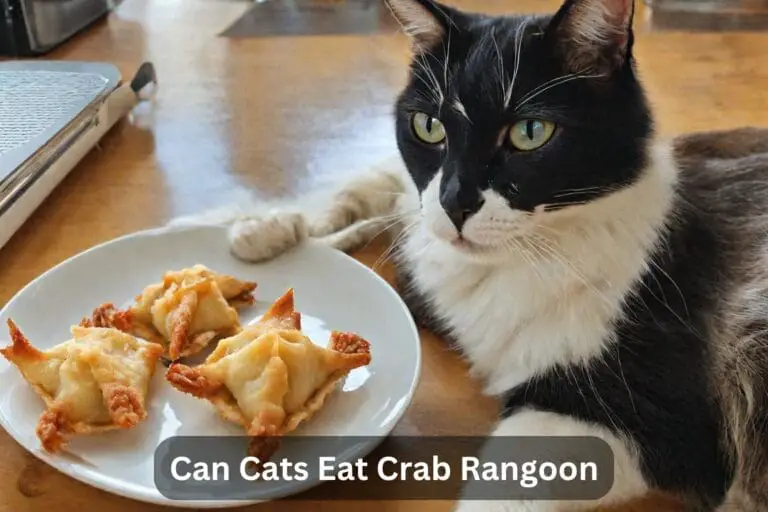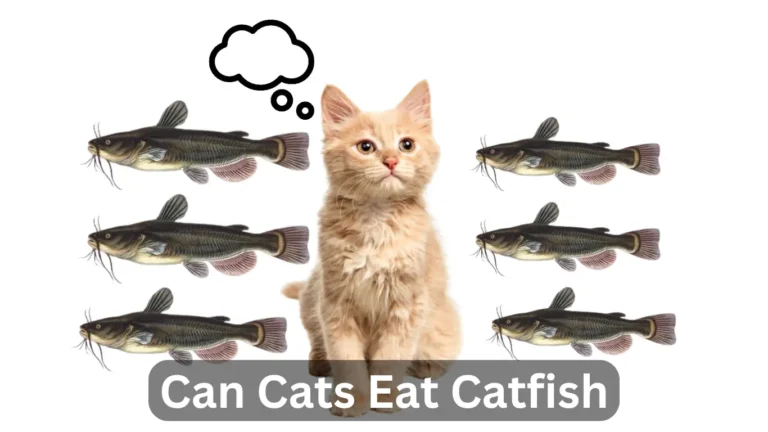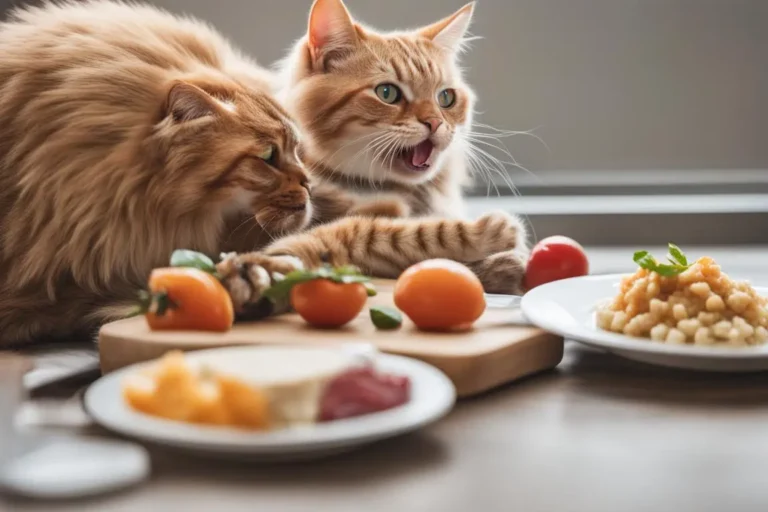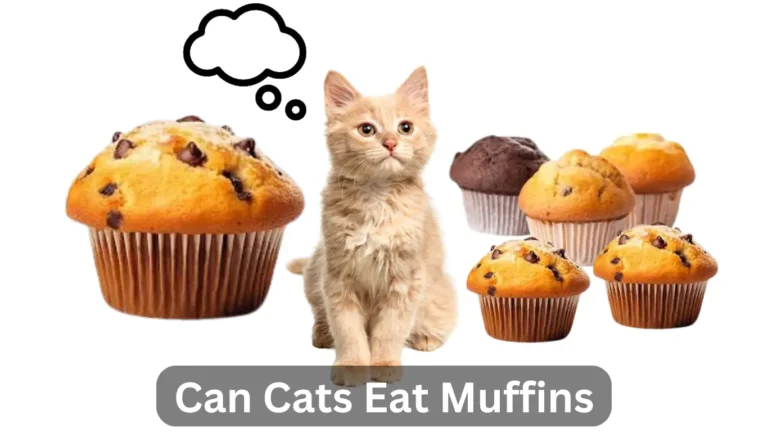Can Cats Eat Hash Browns? The Ultimate Guide
As we know, hash browns are famous for their unique flavour and can be served as a breakfast side dish but the question is Can cats eat hash browns?
The question can worry us about our cats’ health because the food which is safe for humans may not be safe for cats.
In this ultimate guide, we will discuss are hash browns safe or toxic to cats and will also discuss the health impacts on cats’ health. As well as we will discuss some other questions about cats and hash browns. So let’s get started to explore the right answer.
What Exactly Are Hash Browns?
Hash browns are delicious breakfast potatoes made by grating or finely chopping potatoes and then frying them until crispy and golden brown. They’re usually seasoned with salt and pepper for flavour. Hash browns can be served as a side dish or as part of a hearty breakfast. They’re crispy on the outside and soft on the inside, making them a favourite for breakfast lovers everywhere.
Can Cats Eat Hash Browns?
Can cats eat hash browns? The answer is no, cats should not eat hash browns. While potatoes themselves are not toxic to cats but the added ingredients and seasonings in hash browns, like onions and garlic, can be harmful to cats. Additionally, cats have specific dietary needs, and hash browns don’t provide the nutrients they require for a balanced diet. It’s best to stick to cat-friendly foods recommended by veterinarians.
Onions:
Onions are highly toxic to cats. Even a small amount of onions can be toxic to cats and cause serious health problems like anaemia. It’s best to keep onions away from your furry friend’s food bowl and any dishes you prepare for cats. Stick to cat-safe ingredients to keep your kitty happy and healthy.
Garlic:
Garlic is also toxic to cats. Just like onions, even small amounts of garlic can be harmful and cause health issues for your cat. It can damage their red blood cells and lead to serious problems. So, it’s best to avoid giving garlic to your cat in any form. Stick to safe foods recommended by vets to keep your cat healthy and happy.
Salt:
Salt is another thing to watch out for when it comes to your cat’s diet. While a little salt is okay, too much can lead to health problems like dehydration and kidney issues. Cats don’t need much salt in their diet, so it’s important to avoid giving them salty foods like chips or heavily seasoned dishes. Stick to balanced cat-friendly meals to keep your furry friend in good health.
Potential Health Risks Of Hash Browns To Cats
Here are some potential health risks of hash browns to cats you must remember before feeding hash browns to cats:
Digestive Upset:
Cats may experience stomach discomfort, vomiting, or diarrhoea after consuming hash browns. The high-fat content and seasonings in hash browns can upset their sensitive digestive systems.
Toxic Ingredients:
Onions and garlic, often used in hash browns, are toxic to cats. These ingredients can cause damage to their red blood cells, leading to anaemia and other serious health issues.
Salt Overload:
Hash browns are typically seasoned with salt, which can be harmful to cats in large amounts. Excessive salt intake can lead to dehydration, kidney problems, and high blood pressure.
Weight Gain:
The high-fat content of hash browns can contribute to weight gain in cats if consumed regularly. Obesity in cats can lead to various health issues such as diabetes, joint problems, and heart disease.
Nutritional Imbalance:
Hash browns lack essential nutrients that cats need for a balanced diet. Feeding hash browns to cats instead of nutritionally balanced cat food can result in deficiencies and health problems over time.
Pancreatitis Risk:
The greasy nature of hash browns can potentially trigger pancreatitis in cats, a painful inflammation of the pancreas. This condition requires veterinary treatment and can be life-threatening if not managed properly.
Allergic Reactions:
Cats can be allergic to certain ingredients in hash browns, such as potatoes or wheat flour. Allergic reactions may manifest as skin irritation, itching, or gastrointestinal issues.
It’s crucial to prioritize your cat’s health by avoiding feeding them hash browns or any human foods that may pose risks to their well-being.
Hash Browns Allergic Reaction Symptoms In Cats
Here are some common Hash Brown allergic reaction symptoms in cats:
Skin Irritation:
Cats may exhibit signs of skin irritation such as excessive itching, scratching, or licking certain areas of their body. Redness or swelling may be visible on the skin, and in some cases, a rash or hives may develop. These symptoms indicate an inflammatory response to the allergens present in hash browns.
Gastrointestinal Issues:
Digestive problems are common manifestations of food allergies in cats. Vomiting, diarrhoea, and general stomach upset may occur shortly after consuming hash browns. These symptoms can vary in severity and may persist for some time, leading to dehydration and discomfort for the cat.
Respiratory Symptoms:
Some cats may experience respiratory symptoms as part of an allergic reaction to hash browns. This can include difficulty breathing, wheezing, coughing, or nasal congestion. These symptoms indicate an allergic response affecting the respiratory system, which can be particularly concerning and may require immediate veterinary attention.
It’s essential for cat owners to be vigilant and observant of any changes in their pet’s behaviour or health after introducing new foods like hash browns. If any of these symptoms are observed, it’s crucial to consult a veterinarian promptly for proper diagnosis and treatment. Allergic reactions can escalate quickly and may lead to serious complications if not addressed promptly.
What To Do If Your Cat Overeats Hash Browns?
Monitor Your Cat’s Behavior:
After your cat has eaten hash browns, it’s important to keep an eye on them for any unusual behaviour. Look out for symptoms like vomiting, diarrhoea, lethargy, or signs of discomfort. These could indicate digestive issues or other health problems that need attention.
Remove Access to Hash Browns:
To prevent further consumption of hash browns, remove any remaining food from your cat’s reach. Securely store or dispose of any leftover hash browns to avoid accidental ingestion. This helps to minimize the risk of additional digestive upset or health complications.
Provide Fresh Water:
Offer your cat fresh, clean water to drink. Hydration is essential, especially if your cat experiences vomiting or diarrhoea, which can lead to dehydration. Make sure your cat has easy access to water to help maintain their hydration levels.
Monitor Food Intake:
Consider temporarily withholding your cat’s regular food to allow their stomach to settle. Once your cat shows signs of improvement and appetite, gradually reintroduce small amounts of their usual diet. This helps to avoid overwhelming their digestive system and promotes a smoother recovery.
Observe for Symptoms:
Continuously monitor your cat for any lingering symptoms or signs of distress. If symptoms persist or worsen, seek veterinary advice promptly for further evaluation and treatment. Provide your veterinarian with details about the amount and type of hash browns consumed and any observed symptoms to assist in diagnosis and treatment.
Consult a Veterinarian:
If your cat shows severe symptoms such as persistent vomiting, diarrhoea, difficulty breathing, or weakness, contact your veterinarian immediately. Provide your vet with information about the situation, including the amount and type of hash browns consumed, and any observed symptoms. This enables them to provide timely and appropriate medical care.
Follow Veterinary Advice:
Follow the recommendations provided by your veterinarian for managing your cat’s overeating episode. Administer any prescribed medications or treatments as directed to alleviate symptoms and promote recovery. It’s important to adhere to your vet’s guidance to ensure the best possible outcome for your cat’s health.
Prevent Future Incidents:
Take precautions to prevent your cat from accessing human foods, especially those that are harmful or unhealthy for them. Store food securely and avoid leaving leftovers or scraps within reach of your cat. By minimizing their exposure to potential hazards, you can help keep your cat safe and healthy in the future.
How To Prevent Your Cat From Eating Hash Browns?
here’s a detailed guide on how to prevent your cat from eating hash browns, with each step:
Understanding the Risks:
Before diving into prevention methods, it’s important to understand why hash browns are not suitable for cats. Hash browns often contain ingredients like onions, garlic, excessive salt, and high-fat content, which can be harmful to cats and may lead to digestive issues, toxicity, and other health problems.
Safe Storage and Disposal:
Ensure that any hash browns or human foods containing potentially harmful ingredients are securely stored away from your cat’s reach. Store leftovers in sealed containers or dispose of them safely in a covered trash bin to prevent accidental ingestion by your curious feline friend.
Monitor Meal Preparation:
Be vigilant while preparing meals in the kitchen, especially if you’re cooking hash browns or other foods that are unsafe for cats. Keep your cat out of the kitchen or safely confined in another room to prevent them from sneaking a taste of the ingredients.
Offer Healthy Alternatives:
Provide your cat with a balanced and nutritious diet consisting of cat-specific foods recommended by veterinarians. Offer a variety of cat-friendly treats and snacks to satisfy their cravings and prevent them from showing interest in human foods like hash browns.
Supervise Outdoor Activities:
If your cat spends time outdoors, ensure they are not exposed to areas where human food waste, including discarded hash browns, may be present. Keep your cat within a safe and controlled environment to minimize the risk of them scavenging potentially harmful foods.
Train and Redirect Behavior:
Use positive reinforcement training techniques to teach your cat appropriate behaviours and discourage them from begging or scavenging for human foods. Offer engaging toys, puzzle feeders, or interactive play sessions to redirect their attention away from food temptations like hash browns.
Create Environmental Barriers:
Implement physical barriers or deterrents to prevent your cat from accessing areas where hash browns or other human foods are present. Use baby gates, cupboard locks, or food covers to restrict access and minimize the likelihood of accidental ingestion.
Regular Veterinary Check-ups:
Schedule routine check-ups with your veterinarian to monitor your cat’s health and address any dietary concerns or behaviour issues. Your vet can provide personalized guidance on nutrition, feeding habits, and preventive care strategies to keep your cat safe and healthy.
By following these proactive measures and incorporating them into your daily routine, you can effectively prevent your cat from eating hash browns and reduce the risk of potential health complications associated with inappropriate dietary choices.
What Other Can Cats Not Eat?
Onions and Garlic:
Onions and garlic are commonly used ingredients in many human dishes, but they can be extremely harmful to cats. These foods contain compounds that can damage a cat’s red blood cells, leading to a condition called anaemia. Whether they’re raw, cooked, or powdered, onions and garlic should be completely avoided in your cat’s diet. This means being cautious with soups, sauces, seasonings, and any other foods seasoned with onion or garlic.
Grapes and Raisins:
While grapes and raisins may seem harmless to humans, they can cause serious kidney failure in cats, even in small amounts. It’s best to keep these fruits out of your cat’s reach and avoid feeding them as treats or snacks. The exact reason behind their toxicity to cats is not fully understood, but it’s crucial to err on the side of caution and steer clear of grapes and raisins altogether.
Chocolate:
Chocolate contains substances called theobromine and caffeine which are toxic to cats. Ingestion of chocolate can lead to a range of symptoms, including vomiting, diarrhoea, rapid breathing, increased heart rate, seizures, and even death. It’s essential to keep all chocolate products safely out of your cat’s reach to prevent accidental ingestion and potential poisoning.
Alcohol:
Alcohol consumption can have severe consequences for cats, including intoxication, respiratory distress, coma, and even death. Even small amounts of alcohol can be harmful, so it’s crucial to never intentionally give your cat alcoholic beverages or foods containing alcohol. Keep all alcoholic products securely stored away from your cat at all times.
Caffeine:
Caffeine is found in various products, including coffee, tea, energy drinks, and certain medications. Ingestion of caffeine can lead to vomiting, diarrhoea, rapid breathing, increased heart rate, tremors, seizures, and even death in cats. To keep your cat safe, it’s essential to keep all caffeinated products well out of their reach.
Raw Fish and Meat:
While cats may be drawn to the smell of raw fish and meat, feeding them these foods can pose significant risks. Raw fish and meat may contain harmful bacteria, parasites, and toxins that can lead to digestive upset or foodborne illnesses in cats. To reduce the risk of contamination, it’s safer to feed your cat cooked meat and fish instead.
Dairy Products:
Contrary to popular belief, many cats are lactose intolerant, meaning they lack the enzyme needed to digest lactose, the sugar found in milk. Feeding dairy products like milk, cheese, or yoghurt can lead to digestive issues such as diarrhoea and stomach upset in cats. It’s best to avoid offering dairy to your cat altogether.
Bones:
Cooked bones, especially those from poultry or fish, can splinter and cause choking, gastrointestinal obstruction, or injury to a cat’s mouth, throat, or digestive tract. Avoid giving your cat bones as treats or toys to prevent potential harm.
Xylitol:
Xylitol is a sugar substitute found in many sugar-free products, including gum, candies, baked goods, and some peanut butter brands. Ingestion of xylitol can cause a sudden release of insulin in cats, leading to hypoglycemia (low blood sugar), seizures, liver failure, and death. Always check product labels carefully and keep xylitol-containing items away from your cat.
High-Fat Foods:
Foods high in fat, such as fried foods, fatty meats, and buttery or greasy dishes, can lead to digestive upset, pancreatitis, obesity, and other health problems in cats. To maintain your cat’s health and well-being, stick to lean, cat-friendly foods and avoid indulging them in high-fat treats or table scraps.
Conclusion:
It’s important to remember that while hash browns may be delicious for us, they’re not suitable for our cats. The ingredients commonly found in hash browns, such as onions, garlic, and excessive salt, can be harmful to cats and lead to various health issues. To keep our cats healthy and happy, it’s best to stick to a balanced diet recommended by veterinarians and avoid feeding cats any human foods that could pose risks. By understanding the potential dangers and taking proactive steps to prevent access to harmful foods like hash browns, we can ensure our cats live their best lives. Always prioritize your cat’s well-being and choose their food wisely.
FAQs:
Can Cats Eat Hash Browns In Moderation?
No, cats should not eat hash browns even in moderation. The ingredients like onions, garlic, and excessive salt found in hash browns can be harmful to cats, so it’s best to avoid feeding cats this food altogether.
Is It Safe For Cats To Eat Potatoes?
Cats can eat plain, cooked potatoes in small amounts, but raw potatoes are harmful to cats.
Can Cats Eat Potato Fries?
Cats shouldn’t eat potato fries due to the added oils, salts, and seasonings, which can be harmful to their health.
Can Cats Have Tater Tots?
No, cats should not have tater tots. They are typically fried and seasoned, which can be harmful to cats, and they often contain ingredients like onions or garlic that are toxic to them.
What Happens If My Cat Eats Potatoes?
If your cat eats plain cooked potatoes in small amounts, they should generally be fine. However, if they consume large quantities of potatoes with added ingredients like onions or garlic, they may experience digestive upset or toxicity, so it’s best to monitor them closely and contact a vet if you have concerns about your cat’s health.
Can I Give My Cat French Fries?
No, you should not give your cat French fries. They are typically fried and salty, which can be harmful to cats, and they may contain ingredients like onions or garlic that are toxic to them.

